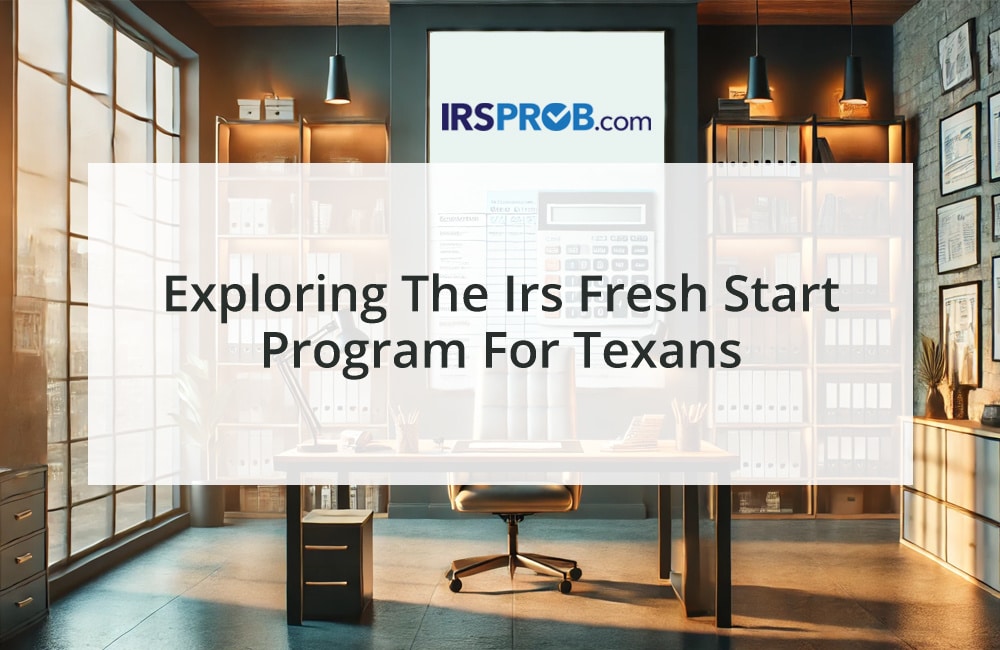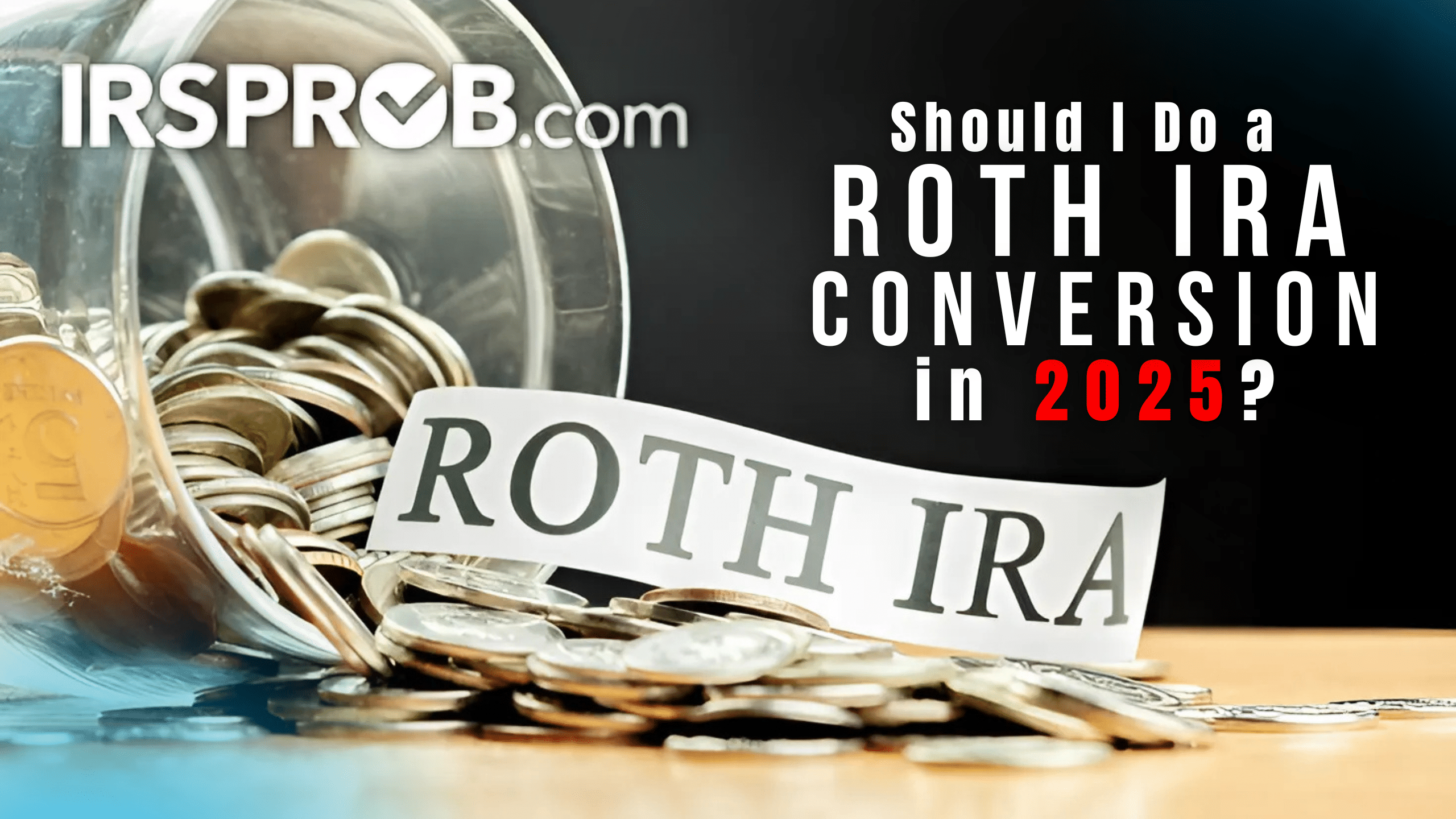As business owners looking to save on taxes, it’s crucial to stay informed about legitimate tax strategies and beware of misinformation. The IRS is currently facing a unique challenge in combating bad tax advice circulating on TikTok, a platform the agency cannot access due to federal restrictions.
The IRS vs. TikTok
At a recent AICPA & CIMA ENGAGE event in Las Vegas, National Taxpayer Advocate Erin Collins highlighted the dilemma the IRS faces. Federal employees are prohibited from accessing TikTok, making it difficult for the IRS to counter misleading tax advice prevalent on the platform.
“We are prohibited from going into TikTok as a federal agency, so how do you counter a social media site that you can’t go into?” Collins posed this critical question. The IRS can’t directly engage with users on TikTok, making it challenging to reach those who might rely on the platform for tax advice.
The Spread of Misinformation
Bad tax information on social media is a significant concern for the IRS. In April 2024, the IRS included “bad tax information on social media” in its annual Dirty Dozen list of tax scams. These scams often encourage taxpayers to misuse forms like the W-2 or more obscure ones like the Form 8944.
In May, the IRS issued a consumer alert about misleading social media advice on specific tax credits, such as the fuel tax credit, the sick and family leave credit, and household employment taxes. While these credits are legitimate, they only apply in particular situations, and misuse can lead to serious tax issues.
Overcoming the Communication Barrier
One of the main challenges for the IRS is how to effectively communicate with individuals who get their tax advice from platforms like TikTok rather than traditional sources. “If people are giving advice on TikTok, we can’t give a counter advice on TikTok,” Collins noted. The IRS needs to find alternative ways to reach this audience with accurate information.
Ongoing Efforts and Future Plans
Despite these hurdles, the IRS is committed to tackling this issue. Collins mentioned that bad social media advice would be a focal point in her annual report to Congress in January. Additionally, there’s ongoing internal scrutiny, as a report from the Treasury Inspector General for Tax Administration (TIGTA) in December 2023 found that some IRS employees still had access to TikTok on their devices, contrary to federal guidelines.
Key Takeaways for Business Owners
- Stay Informed: Rely on official IRS publications and trusted tax professionals for tax advice.
- Be Skeptical of Social Media: If a tax tip on social media sounds too good to be true, it probably is.
- Use Reliable Resources: Visit IRS.gov for accurate information and updates on tax laws and regulations.
As business owners, it’s essential to stay vigilant and informed. The IRS is working to combat misinformation, but the best defense is to rely on credible sources and professional advice.









